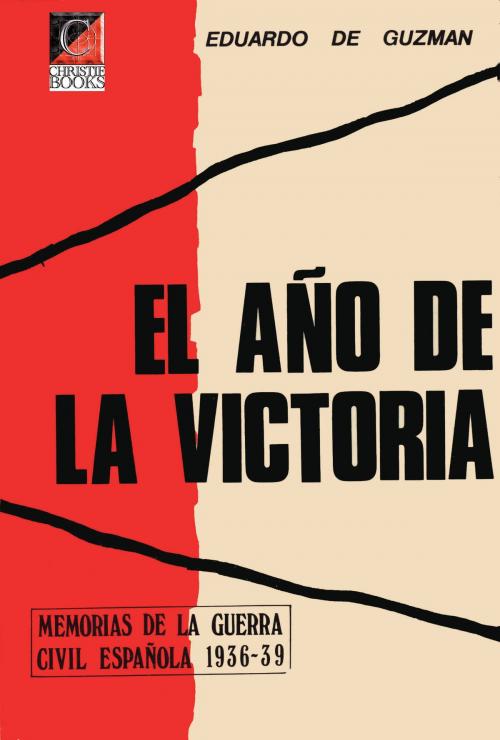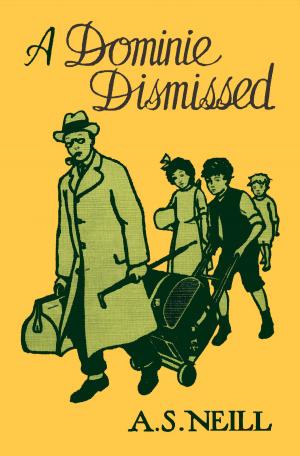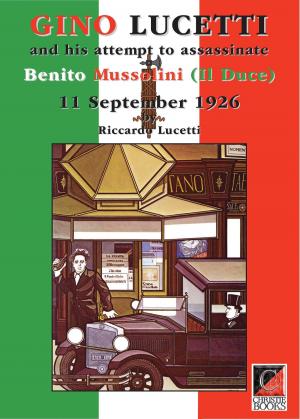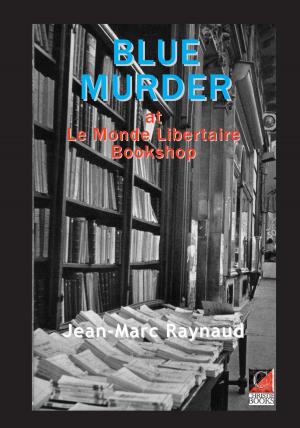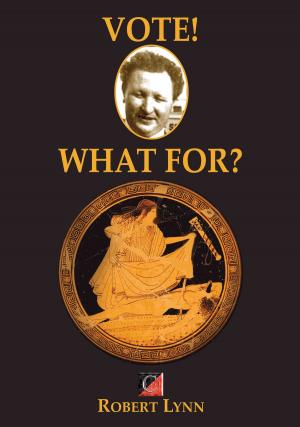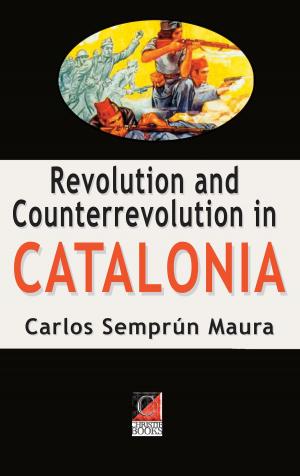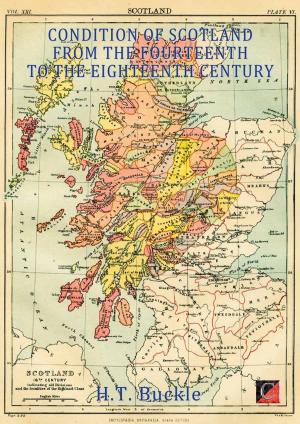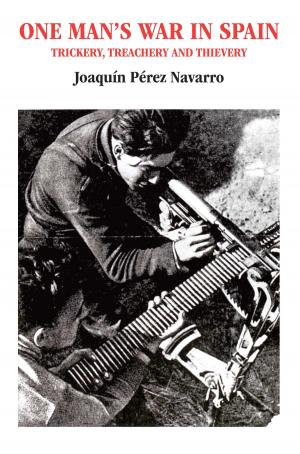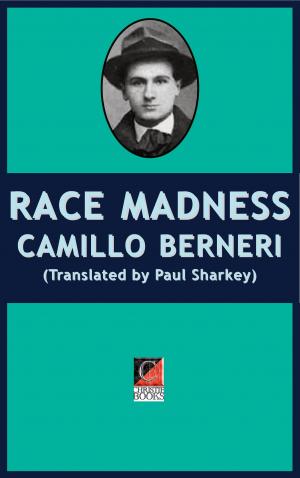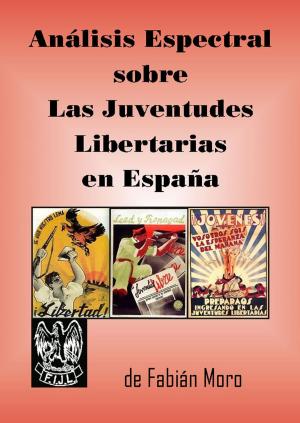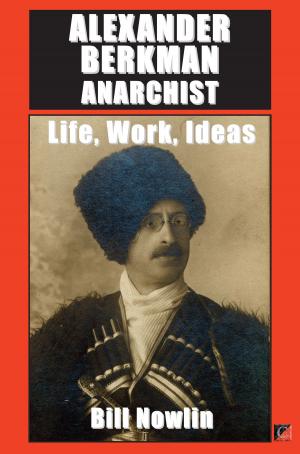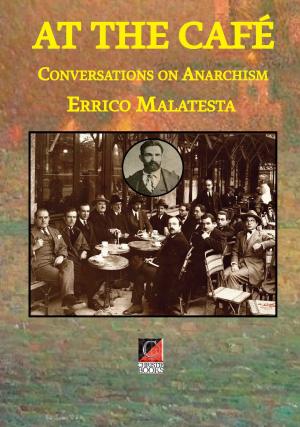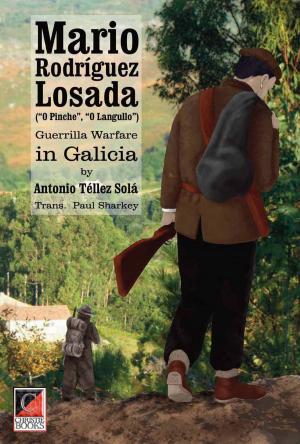EL AÑO DE LA VICTORIA
Vol 2: Memorias de la Guerra Civil Española 1936-39
Nonfiction, History, Spain & Portugal, Biography & Memoir, Political, Historical| Author: | Eduardo de Guzmán | ISBN: | 1230000272347 |
| Publisher: | ChristieBooks | Publication: | October 5, 2014 |
| Imprint: | ChristieBooks | Language: | Spanish |
| Author: | Eduardo de Guzmán |
| ISBN: | 1230000272347 |
| Publisher: | ChristieBooks |
| Publication: | October 5, 2014 |
| Imprint: | ChristieBooks |
| Language: | Spanish |
Eduardo de Guzmán: Nacido en Villada (Palencia) en 1909 pero residente en Madrid hace medio siglo, Eduardo de Guzmán inicía muy joven sus actividades profesionales trabajando en diversos periódicos. En 1930 es nombrado redactor jefe del diario madrileño «La Tierra», cargo que desempeña durante cinco años. En 1935 pasa a «La Libertad» como editorialista y redactor político. En febrero de 1937 se le designa director del periódico matutino «Castilla Libre», órgano de la C.N.T en la capital de España.
«El año de la victoria», (Memorias de la guerra de España). Presenta la otra cara de la moneda, generalmente silenciada por historiadores de nuestra última contienda civil. Se trata de un extenso reportaje descarnado sincero y veraz de la suerte corrida por los miles de republicanos que al finalizar la guerra fueron apresados en el puerto de Alicante. Cuenta con impresionante verismo su estancia en los campos de concentración de los Almendros y Albatera hasta su posterior traslado a sus puntos de origen. esencialmente a Madrid.
«El año de la victoria» narra una historia triste y real por partes iguales: la dolorosa odisea vivida en una primavera española por los hombres sobre quienes recayeron los sufrimientos de la derrota. Memorias escritas hace largo tiempo en un lugar donde, la feliz expresión cervantina, «toda incomodidad tiene su asiento», dicen lo que 1939 fue para aquellos a quienes la fortuna volvió la espalda; para cuantos, por figurar entre los vencidos, no pudieron participar en la general alegría determinada por el final de una contienda fraticida.
THE YEAR OF VICTORY is the second volume (in Spanish) of Eduardo de Guzmán’s riveting memoir, telling the story of Spain’s social revolution and Civil War, and the aftermath of the Francoist victory. It gives an unputdownable first-hand account of the tragic fate of defeated republican prisoners detained at the port of Alicante on 1 April 1939. Guzmán’s richly descriptive story of their gruelling three-month odyssey which took them, from Alicante, through the horrors of the Los Almendros and Albatera concentration camps, to their ultimate destination, a sinister Falangist building in Madrid’s Calle de Almargo. The book exposes the entire repressive apparatus of Francoist bloodlust in the aftermath of ‘victory’.
The author was editor of the Madrid-based Castilla Libre, the daily newspaper of the revolutionary workers' union, the National Confederation of Labour (CNT), between February 1937 and March 1939. For me he is the Spanish Solzhenitsyn – the chronicler and indicter of one of Europe’s most enduring and bloodsoaked fascist regimes, one that killed more Spaniards than Hitler killed Germans. Guzmán’s insights and painstaking descriptions of his fellow prisoners, guards, conditions of confinement – the whole world of captivity – had me gripped all the way, from the fall of Alicante until the moment he and his comrades are delivered into the hands of the triumphalist, spiteful secret police and Falangist captors. My personal memories date from fourteen years after the events described here — and are nowhere near as dramatic — but all the same I recognise each and every one of the situations and characters — oppressors and victims — and empathise with the latter every step of the way. One Day in the Life of Ivan Denisovich exposed the brutalities of Stalin's faraway prison system, Guzmán’s The Year of Victory does the same for Franco’s ignored gulag archipelago just the other side of the Pyrenees. The pity is that this three-volume Civil War masterpiece — La muerte de la esperanza (1973); El año de la victoria (1974) and Nosotros los asesinos: memorias de la guerra de España (1976) — remains more or less unrecognised in the very country whose history, vast areas of which still remain suppressed today, he tells so movingly.
Eduardo de Guzmán: Nacido en Villada (Palencia) en 1909 pero residente en Madrid hace medio siglo, Eduardo de Guzmán inicía muy joven sus actividades profesionales trabajando en diversos periódicos. En 1930 es nombrado redactor jefe del diario madrileño «La Tierra», cargo que desempeña durante cinco años. En 1935 pasa a «La Libertad» como editorialista y redactor político. En febrero de 1937 se le designa director del periódico matutino «Castilla Libre», órgano de la C.N.T en la capital de España.
«El año de la victoria», (Memorias de la guerra de España). Presenta la otra cara de la moneda, generalmente silenciada por historiadores de nuestra última contienda civil. Se trata de un extenso reportaje descarnado sincero y veraz de la suerte corrida por los miles de republicanos que al finalizar la guerra fueron apresados en el puerto de Alicante. Cuenta con impresionante verismo su estancia en los campos de concentración de los Almendros y Albatera hasta su posterior traslado a sus puntos de origen. esencialmente a Madrid.
«El año de la victoria» narra una historia triste y real por partes iguales: la dolorosa odisea vivida en una primavera española por los hombres sobre quienes recayeron los sufrimientos de la derrota. Memorias escritas hace largo tiempo en un lugar donde, la feliz expresión cervantina, «toda incomodidad tiene su asiento», dicen lo que 1939 fue para aquellos a quienes la fortuna volvió la espalda; para cuantos, por figurar entre los vencidos, no pudieron participar en la general alegría determinada por el final de una contienda fraticida.
THE YEAR OF VICTORY is the second volume (in Spanish) of Eduardo de Guzmán’s riveting memoir, telling the story of Spain’s social revolution and Civil War, and the aftermath of the Francoist victory. It gives an unputdownable first-hand account of the tragic fate of defeated republican prisoners detained at the port of Alicante on 1 April 1939. Guzmán’s richly descriptive story of their gruelling three-month odyssey which took them, from Alicante, through the horrors of the Los Almendros and Albatera concentration camps, to their ultimate destination, a sinister Falangist building in Madrid’s Calle de Almargo. The book exposes the entire repressive apparatus of Francoist bloodlust in the aftermath of ‘victory’.
The author was editor of the Madrid-based Castilla Libre, the daily newspaper of the revolutionary workers' union, the National Confederation of Labour (CNT), between February 1937 and March 1939. For me he is the Spanish Solzhenitsyn – the chronicler and indicter of one of Europe’s most enduring and bloodsoaked fascist regimes, one that killed more Spaniards than Hitler killed Germans. Guzmán’s insights and painstaking descriptions of his fellow prisoners, guards, conditions of confinement – the whole world of captivity – had me gripped all the way, from the fall of Alicante until the moment he and his comrades are delivered into the hands of the triumphalist, spiteful secret police and Falangist captors. My personal memories date from fourteen years after the events described here — and are nowhere near as dramatic — but all the same I recognise each and every one of the situations and characters — oppressors and victims — and empathise with the latter every step of the way. One Day in the Life of Ivan Denisovich exposed the brutalities of Stalin's faraway prison system, Guzmán’s The Year of Victory does the same for Franco’s ignored gulag archipelago just the other side of the Pyrenees. The pity is that this three-volume Civil War masterpiece — La muerte de la esperanza (1973); El año de la victoria (1974) and Nosotros los asesinos: memorias de la guerra de España (1976) — remains more or less unrecognised in the very country whose history, vast areas of which still remain suppressed today, he tells so movingly.
